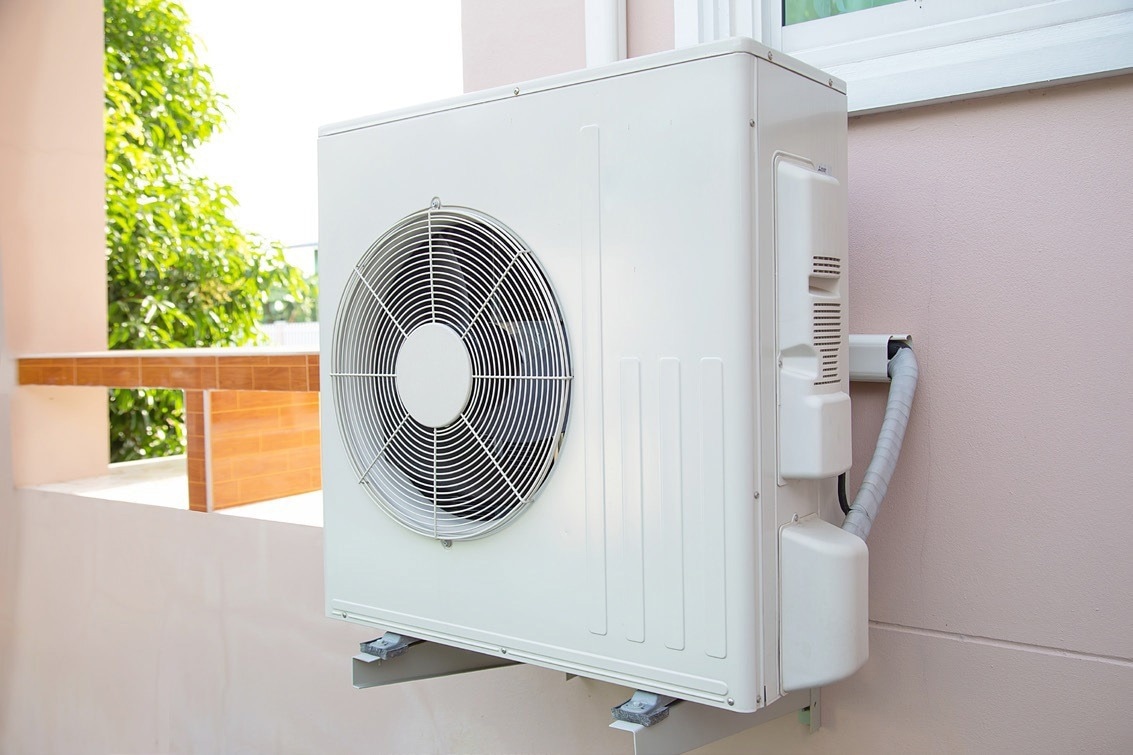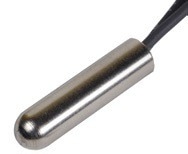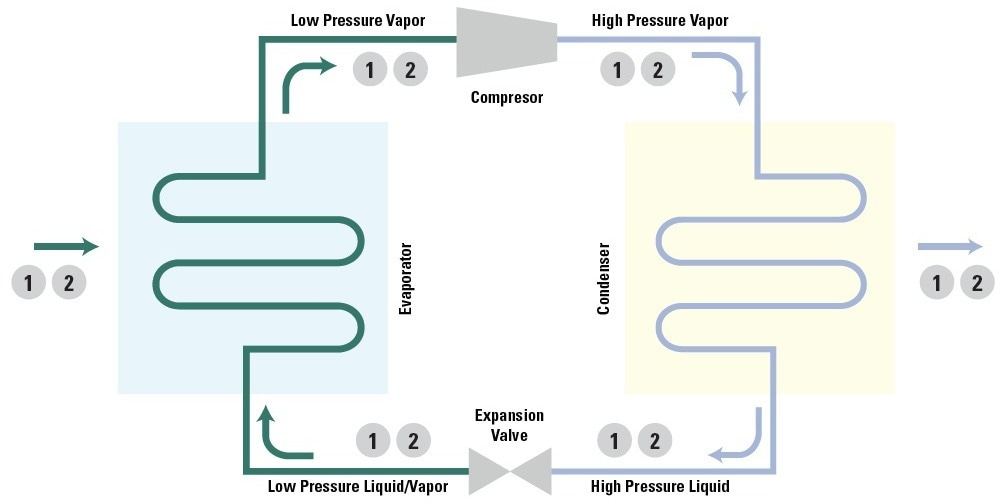Heat pumps are becoming increasingly popular for efficient heating and cooling of air and liquids. In heating applications, these pumps extract heat from the surrounding air, ground, or water and transfer it to a refrigerant coolant.
The coolant is then compressed, significantly increasing its temperature before being transferred to the designated heat location. The heat is extracted by running air or water over the hot coolant.
Previously, heat pumps were used mainly in air conditioners and freezers, but they are now increasingly being used for residential and commercial heating as well as to heat domestic hot water.
Heat pumps are more efficient than traditional electric heating since they use electricity to operate the compressor, pump, and fans instead of a resistive heat source.
They also contribute to reducing CO2 emissions, making them more environmentally friendly than other heat sources, such as furnaces or boilers. Heat pumps require temperature inputs from various locations throughout the system for proper operation, which are then fed to the program logic controller (PLC).
These temperature inputs could include readings of outdoor and indoor air and refrigerants at different locations, depending on the purpose of the heat pump.

Image Credit: Sensata Technologies, Inc.
Solution
Accurate, reliable, and environmentally sealed temperature sensors are necessary to regulate heat pump systems.
Sensata Technologies, a global sensor leader, has created the 4000 model for HVAC/R and heat pump applications. This model has a precise Class AA PT1000 RTD, an IP69 K-rated seal, and a 100 nF capacitor for reducing electrical noise.
Recommended Products
Table 1. Source: Sensata Technologies, Inc.
| Reference on Diagram |
Product |
Features |
Function |
Brand |
| 1 |
 |
3000 Series |
- Stainless steel probe housing
- Thermistor or RTD sensing technologies
- Optional threads available
|
Monitor refrigerant and ambient temperatures |
Sensata Technologies |
| 2 |
 |
4000 Series |
- Highly accurate PT1000 RTD (Class AA)
- 5.9 mm diameter brass probe
- IP69K
- -40 to 85 °C operating temperature range
- 100 nF Capacitor for electrical noise reduction
|
Monitor refrigerant and ambient temperatures |
Sensata Technologies |
Refrigeration Cycle for Residential and Commercial Air Conditioning and Refrigeration Systems

Image Credit: Sensata Technologies, Inc.

This information has been sourced, reviewed and adapted from materials provided by Sensata Technologies, Inc.
For more information on this source, please visit Sensata Technologies, Inc.